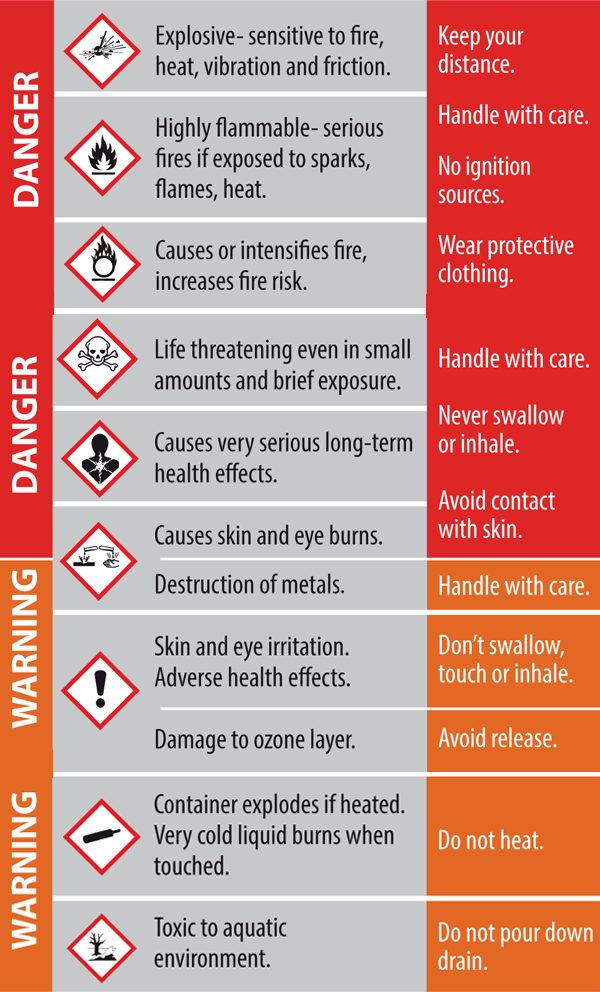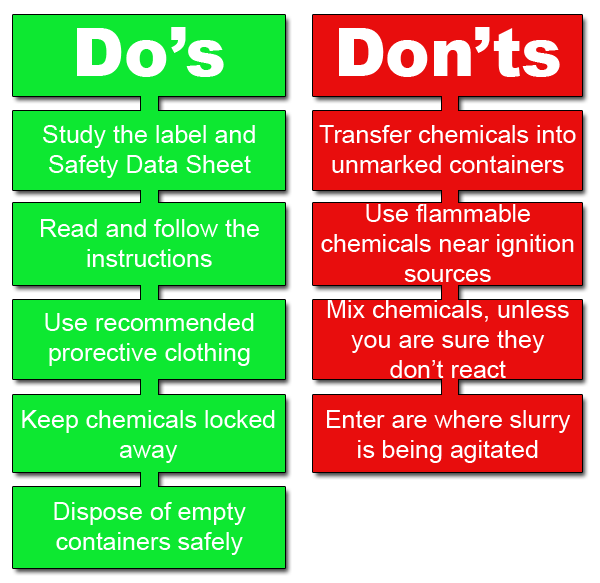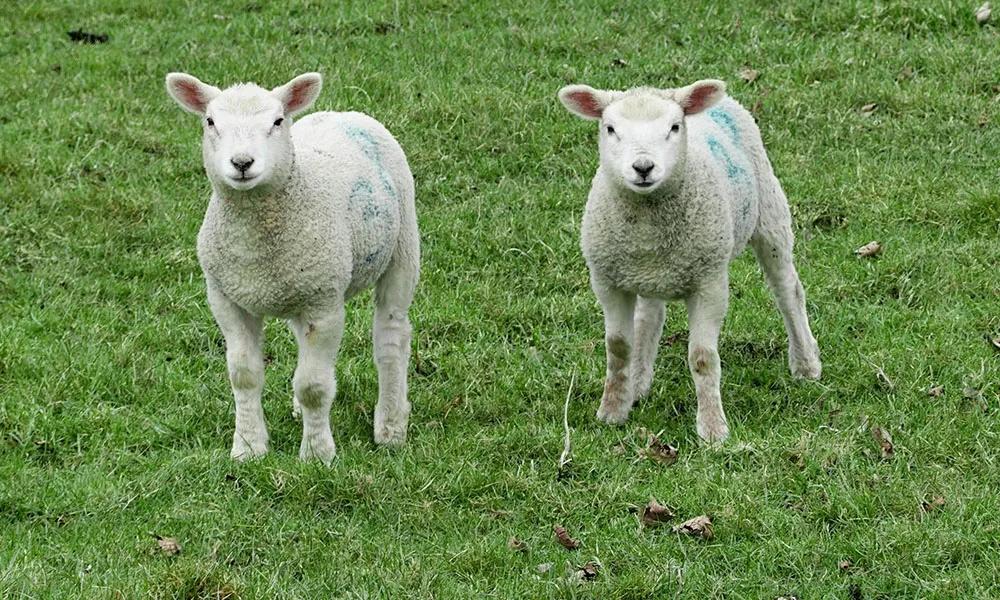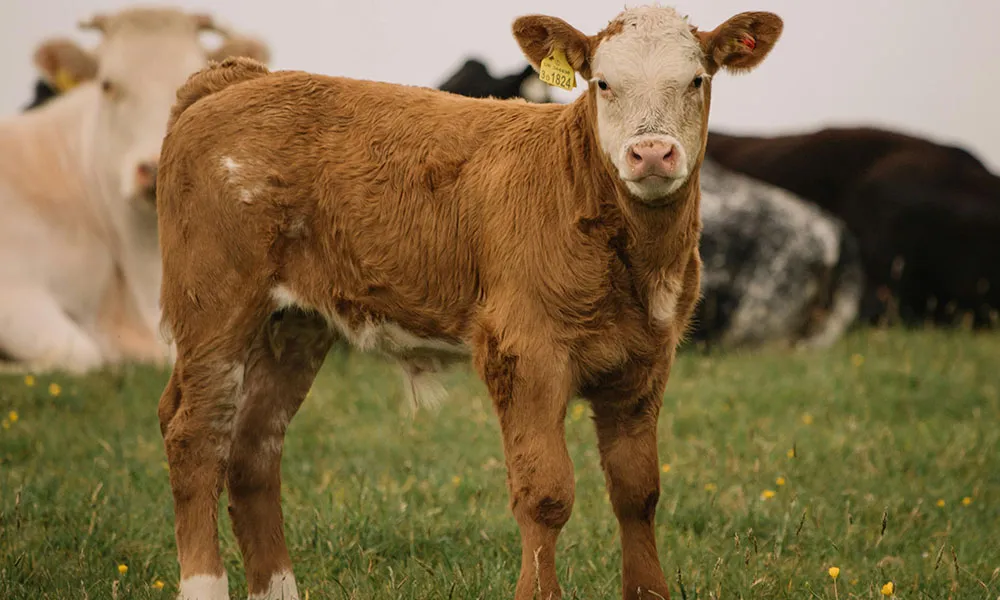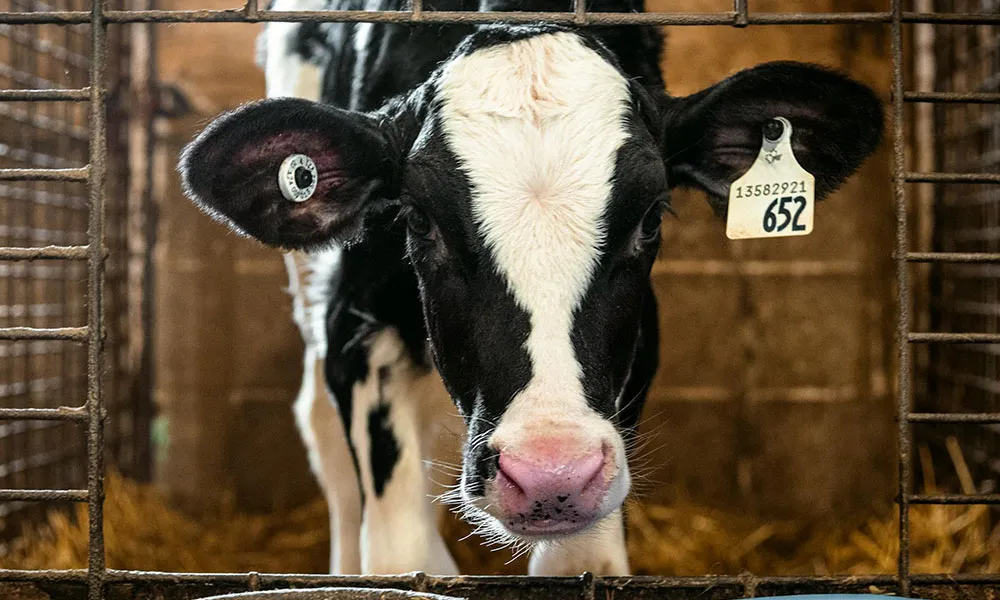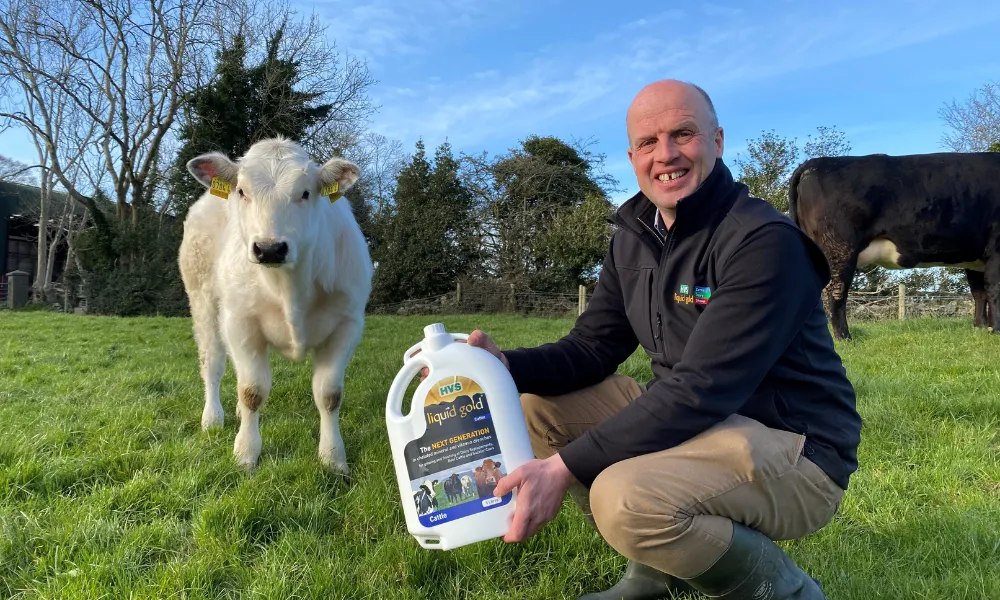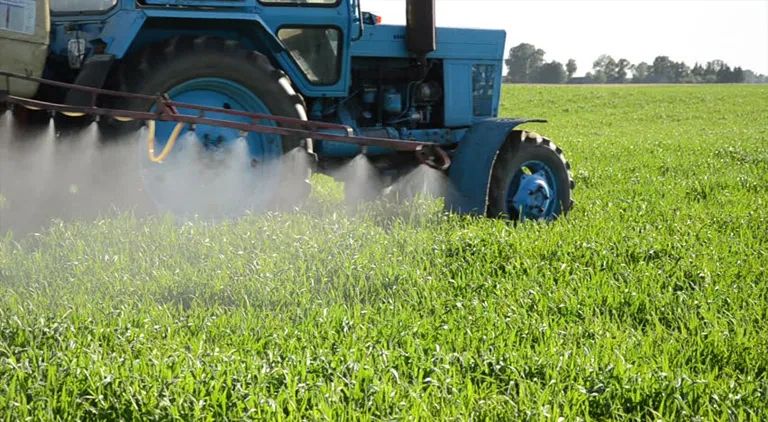
Everyday life on the farm requires the use of a lot different chemicals.
Whether it be fertilisers, oils, animal doses, weed killers or detergents they all play a vital part of the daily operations of that farm. If these chemicals are not used properly there is the potential for them to be extremely harmful to both yourself and your farm.
The potential harm that these chemicals can depends on a number of factors including how dangerous the chemical is and how often you are exposed to these chemicals.
Naturally occurring chemicals, such as slurry gasses must, must not be forgotten as they can be just as dangerous as any other chemical that is used on the farm.
Exposure to dangerous chemicals on your farm can have wide variety of effects on your health which can include burns, skin rashes, lung, disease, liver disease, kidney disease, birth defects and cancer. When you are using chemicals on your farm there are some crucial points that need to be adhered to
- Know how dangerous the chemicals are that you are using
- Have all necessary safety equipment that is needed for handling each chemical
- Chemicals are only used as instructed by the manufacturer
- Chemicals are stored properly
- Excess chemicals are disposed of properly
- A contingency plan is in place if there is an accident involving chemicals on your farm
Following these points will ensure you are keeping yourself, your family and the environment safe.
How do I know if a chemical is dangerous?
All chemicals are required by law to indicate all dangerous properties on the chemical’s container,
an example of typical hazard bottle is shown in the diagram below.
All chemicals should also come with a Safety Data Sheet (or SDS).
These sheets will include everything you need to know about the chemical you are using such as,
the hazardous properties of the chemical,
how to use the chemical, how to handle the chemical and
how to properly dispose of it of needed.
If you do not receive a Safety Data Sheet with your chemical make sure and ask your supplier for one.
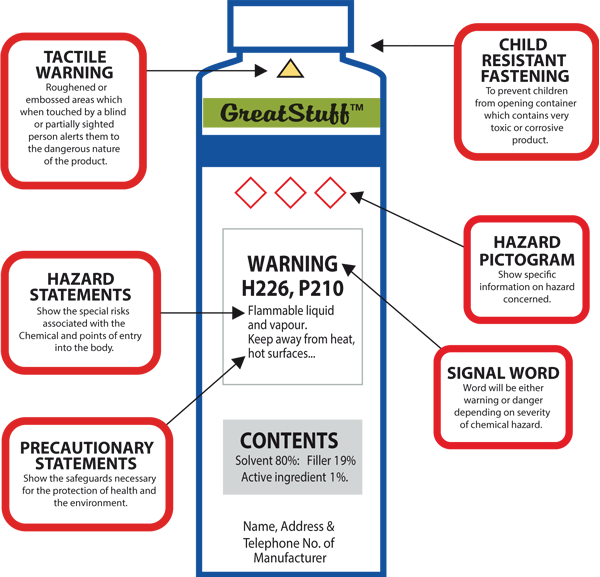
What do the pictographs mean?
The do’s and don’ts of using hazardous chemicals
Further Information
For more information on the chemicals you use on your farm there are a number of available sources listed below.
- Your local supplier or manufacturer
- The Health and Safety Authority www.hsa.ie/chemicals chemicals@hsa.ie 1890289389
- Pesticide Registration and Control Division of DAFN www.pcs.agriculture.gov.ie
- National Poison Information Centre www.poisons.ie
Images sourced from www.hsa.ie




